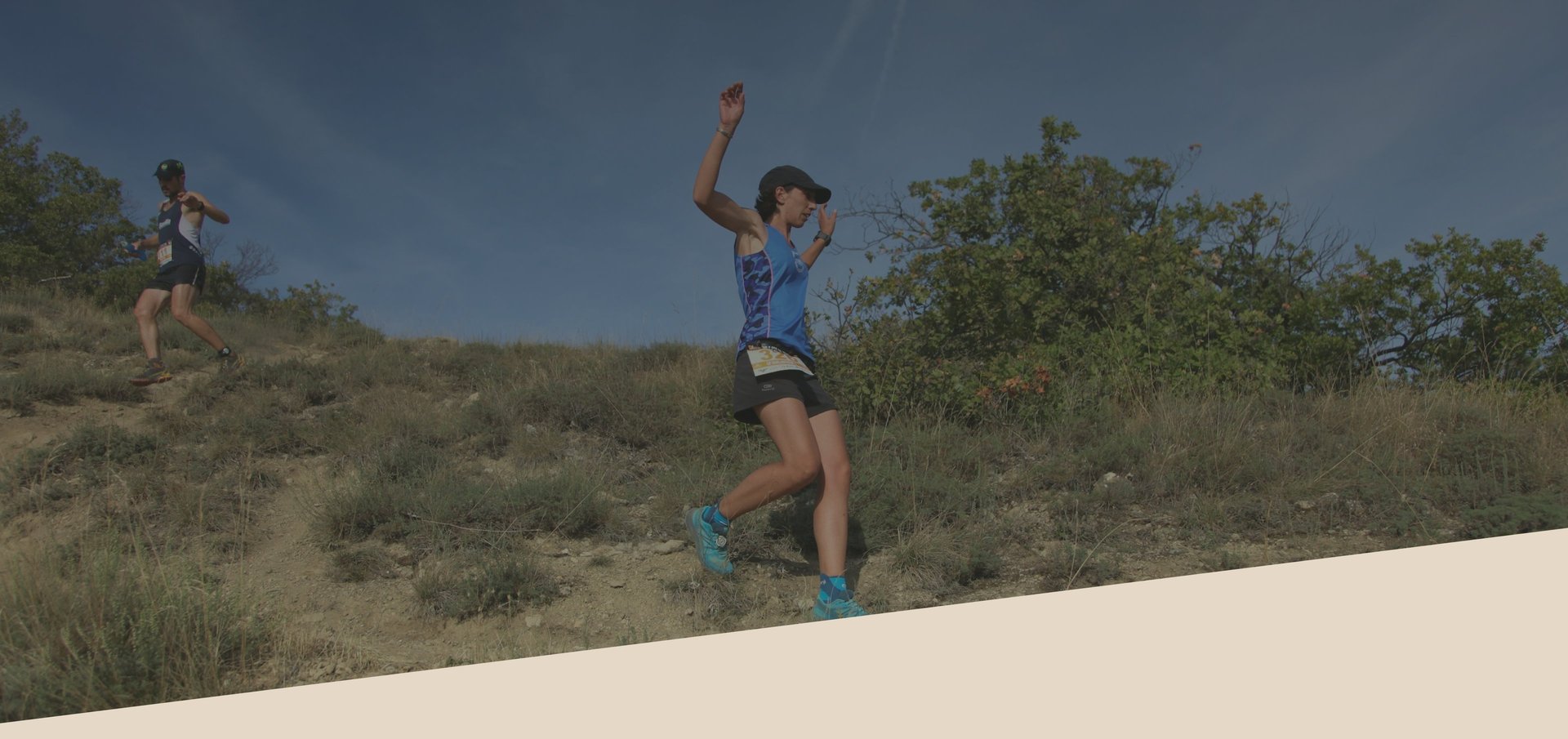
Post-Ultra Trail Recovery: Coach's Tips
When preparing for an ultra trail, your focus is naturally on reaching the starting line and giving your best over the miles ahead. However, it's crucial to have a recovery plan in place for after you cross the finish line. Without a plan, your body and mind will take longer to recover from the thousands of foot impacts during the race. Here are some tips to help you recover effectively:
blog › artiCLE #4
Post-Ultra Trail Nutrition and Hydration
After the run, hydration should be a priority. In the two hours after finishing, focus on replenishing fluids and electrolytes. Avoid high-sugar products, which can upset your stomach. Choose foods with a lower glycemic index.
Sodium is the mineral that is depleted most quickly during a long run, so add more salt to your post-run meals than usual. Try sprinkling watery fruits like watermelon and include plenty of vegetables, as they are primarily composed of water. Consume at least 30 grams of complete protein to aid muscle repair and add carbohydrate-rich foods like whole-grain pasta, brown rice, or whole-grain bread to replenish glycogen stores.
For your bedtime snack, oatmeal made with whole milk, berries, coconut, pumpkin seeds, and your nut of choice will provide a good mix of macronutrients and essential minerals like magnesium, selenium, copper, and zinc.
Breathing and Sleep
After the run, he quickly tries to return to calm breathing to transition from a state of exertion to a state of rest. He breathes through his nose and lengthens his exhales to seven seconds or more. This increases heart rate variability and promotes recovery.
To improve your rest, lie down in bed a few minutes early and practice mindful breathing. Try inhaling through your nose for five seconds, holding your breath for 15 seconds, and then exhaling through your nose for 10 seconds. This method will help lower your heart rate and prepare you for a quality night's sleep. Make sure you have a glass of mineral water with a little sea salt next to your bed, wear earplugs and a sleep mask to block out sound and light, and set the thermostat to 65 degrees Fahrenheit or lower for a good night's rest.
Post-Ultra Trail Stretching and Exercise
After running long distances, your body will inevitably feel sore and stiff. While it may seem like you should just ice your legs and rest, this will actually delay your recovery. Instead, favor static stretches that you can hold for 30 seconds, a minute, or more to help relieve excess tension.
If possible, combine mobility with low-intensity movement. If you're in the city where the event is taking place, explore new sights and sounds on foot. The morning after the ultra trail, go for another stroll or a light jog. If you're near the ocean, enjoy the waves. If you're with friends or family, have a Frisbee handy to throw while enjoying the soothing sensation of the sand under your feet.
If you have to drive home right after the race, be sure to take plenty of breaks to stretch and add in some bodyweight movements like squats and lunges. Do arm circles back and forth and rotate from the waist up. If you've flown, try a shower, sauna, or hot tub session when you get home. This will give you cardiovascular benefits without the mechanical load.
Over the next few days, be smart about your training. Reduce the intensity, density, and overall volume of your road, track, and trail workouts for a while. Also, try adding in some fun cross-training.



